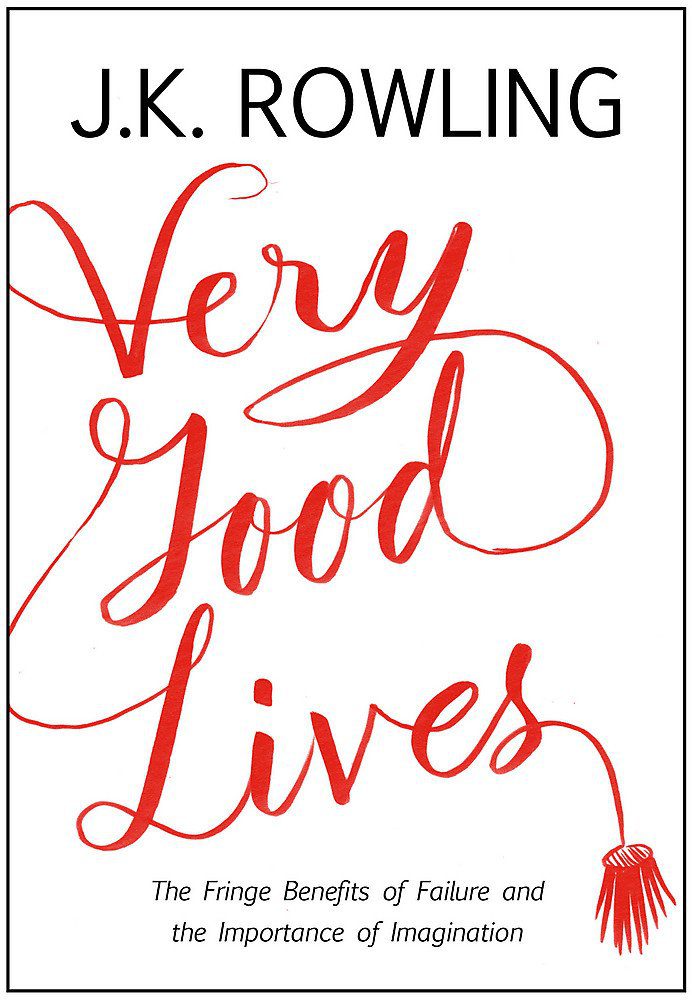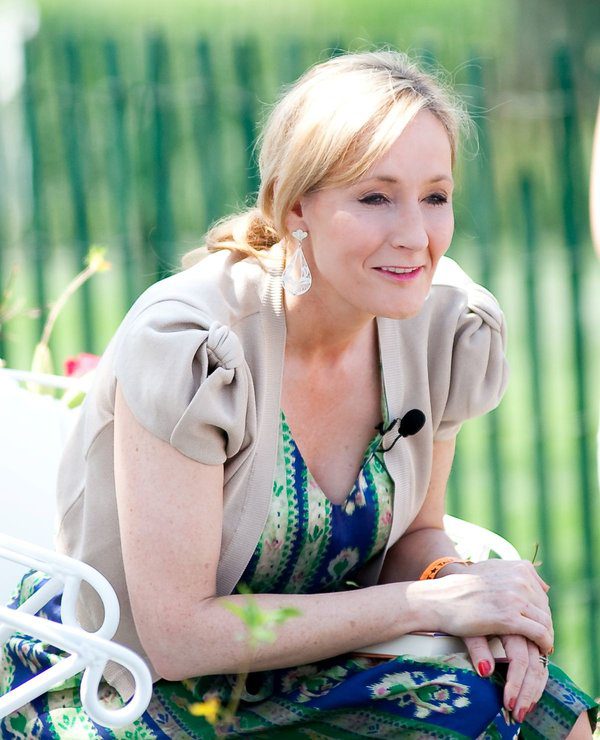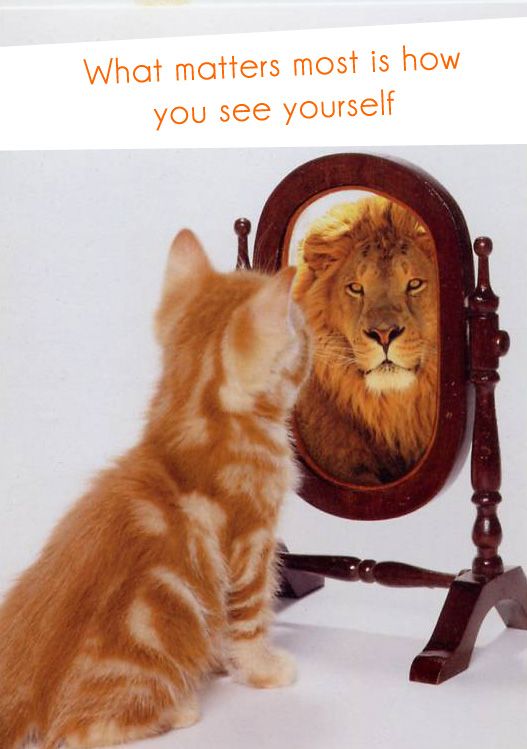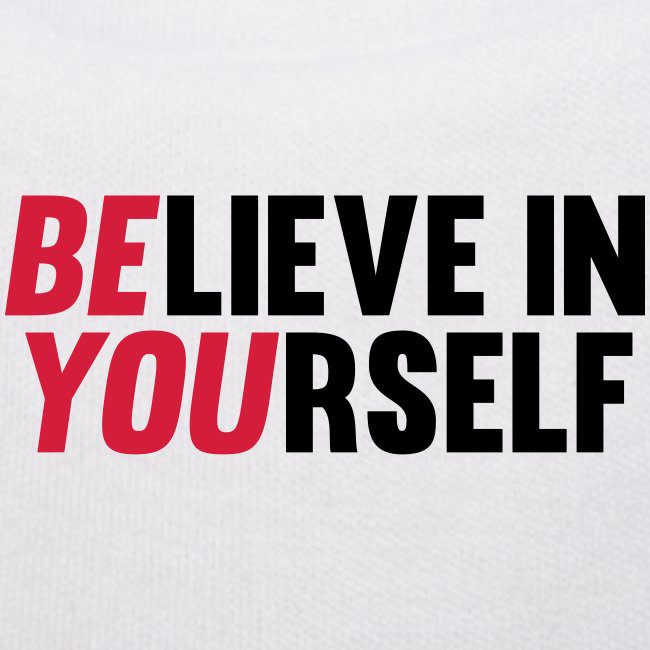I had been writing – all I ever wanted to do from – as – from the age at which you understand that books are written – they don’t just spontaneously grow out of the ground.
J.K.Rowling is the author of the widely popular Harry Potter fantasy series, which has sold more than 500 million copies worldwide. Rowling is the first self-made billionaire author in history, captivating readers in eighty languages, and two-hundred countries around the world.
The Harry Potter Series is one of the highest-grossing movie franchises in history – raking in more than 9.1 billion dollars. She also writes crime fiction under the pen name Robert Galbraith.
So given a Time Turner, I would tell my 21-year-old self that personal happiness lies in knowing that life is not a check-list of acquisition or achievement. Your qualifications, your CV, are not your life, though you will meet many people of my age and older who confuse the two.
Life is difficult, and complicated, and beyond anyone’s total control, and the humility to know that will enable you to survive its vicissitudes.
Rags to Riches
Seven years after graduating from university, Rowling saw herself as a failure. Her marriage had failed, and she was jobless with a dependent child, but she described her failure as liberating and allowing her to focus on writing. During this period, Rowling was diagnosed with clinical depression and contemplated suicide. Rowling signed up for welfare benefits, describing her economic status as being “poor as it is possible to be in modern Britain, without being homeless”
J.K. Rowling first had the idea for Harry Potter while delayed on a train travelling from Manchester to London King’s Cross in 1990. Over the next five years, she began to plan out the seven books of the series. She wrote mostly in longhand and amassed a mountain of notes, many of which were on scraps of paper
In 2010, Oprah Winfrey went to Edinburg, Scotland, to interview J.K.Rowling, where she talks about her life, career journey, and the harry potter series. Here are some fun facts, insight, and inspiring moments with J.K.Rowling
The Harry Porter Idea
- Winfrey: Is it true that it just – You know I’ve heard the legend is that the story just entered your head while on a train.
- Rowling: Yeah. That is – that’s true.
I wrote compulsively all through my late teens into my twenties, but I’d never really the right thing, you know? And then I was on a train, I was twenty-five, and it came. And what came was ‘boy who doesn’t know he’s a wizard goes to wizarding school’. Bang. Bang. Bang. And then that was it. And that was like touch paper. And I was on this delayed train going from Manchester to London and my head was just flooding with what’s at this wizard’s school. There were four houses, there were ghosts, there were house ghosts.
What do they teach? What subjects do they learn? Who are the teachers? And I had no pen. But that was it. That was it. And I don’t think I had ever felt so excited. I thought ‘I’d love to write that’. I’d never thought about writing for children. I’d never thought about aiming anything at that age group and yet it was the thing I was meant to write, you know? Because I’d always been fascinated by folklore. I love a kooky word.
I was on a train, I was twenty-five, and it came. And what came was ‘boy who doesn’t know he’s a wizard goes to wizarding school’. Bang. Bang. Bang. And then that was it.
Power of Imagination
Imagination is not only the uniquely human capacity to envision that which is not, and therefore the fount of all invention and innovation. In its arguably most transformative and revelatory capacity, it is the power that enables us to empathise with humans whose experiences we have never shared.
The harry potter series, emphasized the need and how we can use our imaginations to create and get things done.
- Winfrey: I think the greatest gift the Harry Potter series has given to the world is the freedom to use our imaginations.
- Rowling: I really hope so. I’m very frustrated by fear of imagination. That’s – I don’t think that’s healthy.
In magic, man has to rely on himself. So, in religion, of course, you’re looking for outside support but that’s the appeal of magic. – J.K.Rowling
Surprised by Success
Winfrey: Did you ever imagine your life being the way it is now?
Rowling: No. Never. And I really, really mean never. It overshot the mark so ridiculously that I – I was so unprepared for it. This is a thing I think I’ve never really spoken about. I was a writer. I had no one near me professionally or personally who could in any way help me when I had questions like “what do you do when the press is searching your bins?” You know?
It overshot the mark so ridiculously that I – I was so unprepared for it.
Saying No
- Micheal Jackson wanted to do the musical for Harry Porter and she said NO.
Rowling: Michael Jackson wanted to do the musical.
Winfrey: Really?
Rowling: Mhmm.
Winfrey: That’s big, that you didn’t want Michael Jackson to do –
Rowling: I said no to a lot of things, we’ve –
Terrified of Driving
Winfrey: I hear you don’t drive.Rowling: No, I don’t drive. No. Cars terrify me. I am really frightened of cars.
Winfrey: So do you have a driver?
Rowling: I – of – lately I have had a driver. Very lately.
Winfrey: Is it true that you still take the bus? I read that you still take the bus.
Rowling: Occasionally. Within the last year I have taken the bus. Definitely, yeah.
Charlie Rose 2012 Interview
On Poverty
For a few years I was probably as poor as you can go without being homeless in the U.K. which is not to say that friends and family didn’t help me, because they did. But you know, it was tough
Charlie Rose: And you were writing a book and had to depend on the government.
J.K. Rowling: Well yes, I did. Although I was working part-time at the — the law at that time was you could earn up to a very small amount a week without forfeiting.
J.K. Rowling: — housing benefit which was the thing that was keeping us homed. So I worked up to that amount. I had a clerical job in a church at one point. So I — and then I was teaching but we were still existing partly on benefits. I couldn’t wholly support us. And then the miracle happened. Harry was published. And we — we really didn’t look back after a few months. It changed my life. But that period, that period of my life was a formative experience for me. And it shaped my worldview. And it always will shape my worldview. The experience of having been part of a mass of people who are very voiceless, the experience of being scapegoated and stigmatized because that was the political climate at that time, really has colored my world view ever since. And I — I don’t think I’ll ever lose that.
That period, that period of my life was a formative experience for me. And it shaped my worldview.
Charlie Rose: But define what you mean. I think I know what you mean by “world view”
J.K. Rowling: Well in that, it’s — it’s a frightening experience to become a statistic, to almost fall off the radar of what people think is important to discuss. And to be talked about in terms that you don’t recognize. And I think that something I felt very powerfully after emerging from that situation, was people lose their individuality when they are trapped in that kind of poverty. It is a humiliating place to be. And to defect your life in ways that people have never been there cannot begin to comprehend. Your choices contract. So even someone like me who ha a university education, you know, I had — I was an educated person who wanted to work very much. I was ( AUDIO GAP) Yes.
it’s a frightening experience to become a statistic, to almost fall off the radar of what people think is important to discuss. And to be talked about in terms that you don’t recognize. And I think that something I felt very powerfully after emerging from that situation, was people lose their individuality when they are trapped in that kind of poverty.
Charlie Rose: So where are you thin-skinned?
J.K. Rowling: I don’t — I was a very (inaudible) when I step back to adolescence. I was a very self-conscious adolescent.
J.K. Rowling: But I’m a human being like anyone else. And we all have our insecurities. And we all have places where we feel we could do better.
But I’m a human being like anyone else. And we all have our insecurities. And we all have places where we feel we could do better.
Charlie Rose: Yes, yes, yes. But who are you writing for?
J.K. Rowling: My ideal reader has an open mind and — and loves character, I suppose.
Charlie Rose: How do you write? Do you get up in the morning early? Do you go make coffee and then sit down.
J.K. Rowling: My best work, late 40s, believe you me the best work is done early morning. I used to — earlier — when I was in my 20s I would — I could and did sit up all night. But those days are gone. I, it’s really best to get up early, and I find that the morning is the —
You’ve got to work. It’s about structure. It’s about discipline. It’s all these deadly things that your schoolteacher told you, you needed, you need it.
On Mothers Death
What’s crazy about the situation is that if she hadn’t died, the books wouldn’t have been what they are. So I get caught in one of those horrible sort of time loops. Also it’s — if my mother hadn’t died I would they never have gone to teach abroad because when she was alive and unwell I wouldn’t have left the country. If I hadn’t gone to live and teach in Portugal I never would have met my ex-husband. I wouldn’t have one of the most important people ever in my life, obviously my oldest daughter.
So it’s — you know, life throws you these terrible, terrible things that seem so atrocious and so appalling. And yet somehow we do get through them. We do. And then you look back and think, wow, but I got given my daughter. That wouldn’t have happened. And as I say, her death infuses the whole Harry Potter series.Because everything became a little darker and deeper after she died. I’ve been writing for six months before she died. And then I got to experience what Harry experienced. You know, I lost one of the people who meant most to me in the whole world. And as I say, the books would be very different if she had lived.
So it’s — you know, life throws you these terrible, terrible things that seem so atrocious and so appalling. And yet somehow we do get through them. We do. And then you look back and think, wow,
J.K Rowling Harvard Commencement Speech
In 2008, J.K.Rowling delivered a very compelling commencement speech at Harvard University. She spoke about the Fringe Benefits of Failure, and the Importance of Imagination.
It is impossible to live without failing at something, unless you live so cautiously that you might as well not have lived at all—in which case, you fail by default.
On Failing
Ultimately, we all have to decide for ourselves what constitutes failure, but the world is quite eager to give you a set of criteria if you let it. So I think it fair to say that by any conventional measure, a mere seven years after my graduation day, I had failed on an epic scale. An exceptionally short-lived marriage had imploded, and I was jobless, a lone parent, and as poor as it is possible to be in modern Britain, without being homeless. The fears that my parents had had for me, and that I had had for myself, had both come to pass, and by every usual standard, I was the biggest failure I knew.
Rock bottom was not fun but it was liberating
You might never fail on the scale I did, but some failure in life is inevitable. It is impossible to live without failing at something, unless you live so cautiously that you might as well not have lived at all – in which case, you fail by default.
Failure gave me an inner security that I had never attained by passing examinations. Failure taught me things about myself that I could have learned no other way. I discovered that I had a strong will, and more discipline than I had suspected; I also found out that I had friends whose value was truly above the price of rubies.
The knowledge that you have emerged wiser and stronger from setbacks means that you are, ever after, secure in your ability to survive. You will never truly know yourself, or the strength of your relationships, until both have been tested by adversity. Such knowledge is a true gift, for all that it is painfully won, and it has been worth more than any qualification I ever earned.
You will never truly know yourself, or the strength of your relationships, until both have been tested by adversity.
J.K Rowling Havard Commencement Speech Full Transcript
Very Good Lives: The Fringe Benefits of Failure and the Importance of Imagination
- In 2015 J.K. Rowling’s 2008 Harvard commencement speech was published under the title ‘Very Good Lives: The Fringe Benefits of Failure and the Importance of Imagination‘
In 2008, J.K. Rowling delivered a deeply affecting commencement speech at Harvard University. VERY GOOD LIVES presents J.K. Rowling’s words of wisdom for anyone at a turning point in life. How can we embrace failure? And how can we use our imagination to better both ourselves and others?
Drawing from stories of her own post-graduate years, the world-famous author addresses some of life’s most important questions with acuity and emotional force.

Fun Facts
- Favorite Children Book: The Little White Horse
- Obsession: Mortality and Morality
- Favorite Harry Porter Character: Dumbledore.
- She wrote her first book at the age of six – a story about a rabbit called Rabbit.
- The Harry Potter Book Series: More than 500 million copies sold worldwide.
- The Harry Potter Movie Series: Grossed more than 9.1 billion dollars
- Translation: Eighty Languages
- Pseudonym: Robert Galbraith
- There are 1,084,170 words all together in the Harry Porter series
All the Best in your quest to get better. Don’t Settle: Live with Passion.



1 Comment
Pingback: Lessons Learned from David Baldacci’s Masterclass Session on Mystery and Thriller Writing. – Lanre Dahunsi